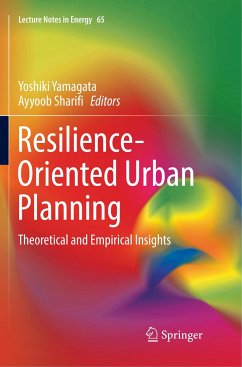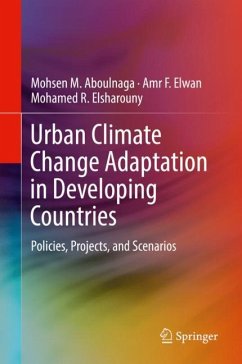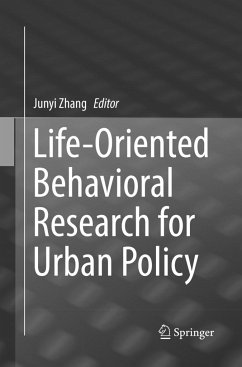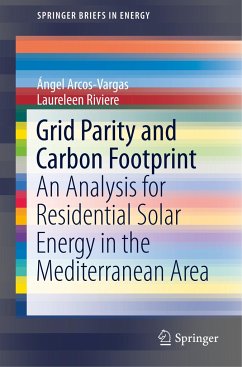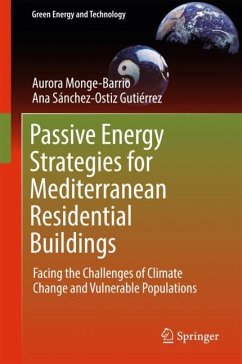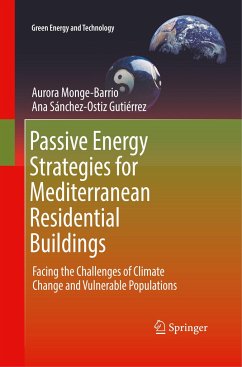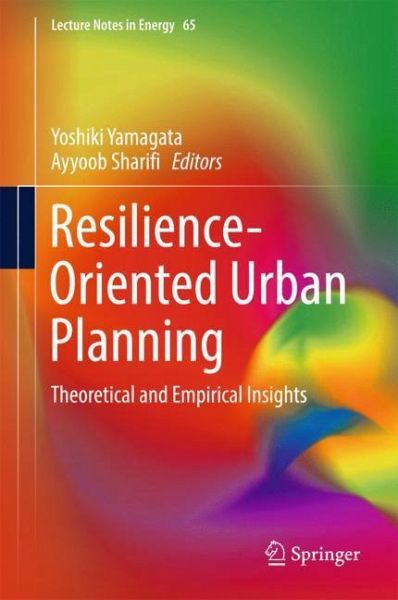
Resilience-Oriented Urban Planning
Theoretical and Empirical Insights
Herausgegeben: Yamagata, Yoshiki; Sharifi, Ayyoob

PAYBACK Punkte
53 °P sammeln!
This book explores key theoretical and empirical issues related to the development and implementation of planning strategies that can provide guidance on the transition to climate-compatible and low-carbon urban development. It especially focuses on integrating resilience thinking into the urban planning process, and explains how such an integration can contribute to reflecting the dynamic properties of cities and coping with the uncertainties inherent in future climate change projections.Some of the main questions addressed are: What are the innovative methods and processes needed to incorpor...
This book explores key theoretical and empirical issues related to the development and implementation of planning strategies that can provide guidance on the transition to climate-compatible and low-carbon urban development. It especially focuses on integrating resilience thinking into the urban planning process, and explains how such an integration can contribute to reflecting the dynamic properties of cities and coping with the uncertainties inherent in future climate change projections.
Some of the main questions addressed are: What are the innovative methods and processes needed to incorporate resilience thinking into urban planning? What are the characteristics of a resilient urban form and what are the challenges associated with integrating them into urban development? Also, how can the resilience of cities be measured and what are the main constituents of an urban resilience assessment framework? In addition to addressing these crucial questions, the book features severalcase studies from around the world, investigating methodologies, challenges, and opportunities for mainstreaming climate resilience in the theory and practice of urban planning.
Featuring contributions by prominent researchers from around the world, the book offers a valuable resource for students, academics and practitioners alike.
Some of the main questions addressed are: What are the innovative methods and processes needed to incorporate resilience thinking into urban planning? What are the characteristics of a resilient urban form and what are the challenges associated with integrating them into urban development? Also, how can the resilience of cities be measured and what are the main constituents of an urban resilience assessment framework? In addition to addressing these crucial questions, the book features severalcase studies from around the world, investigating methodologies, challenges, and opportunities for mainstreaming climate resilience in the theory and practice of urban planning.
Featuring contributions by prominent researchers from around the world, the book offers a valuable resource for students, academics and practitioners alike.





